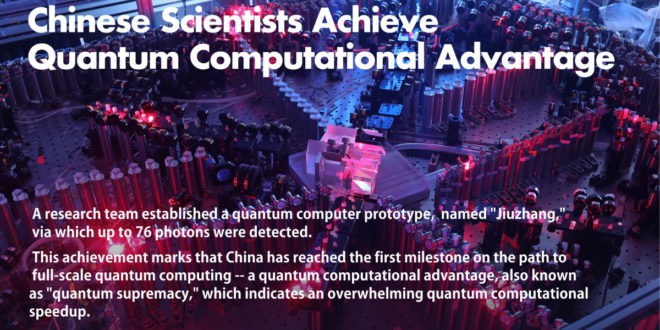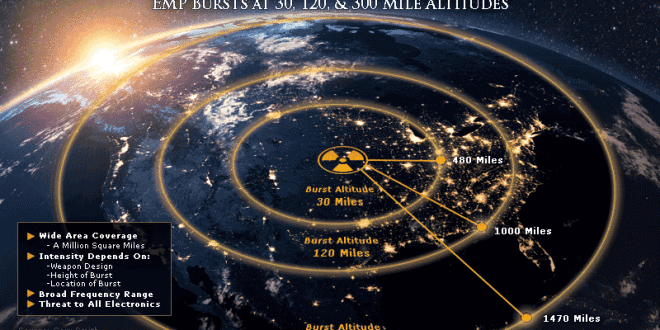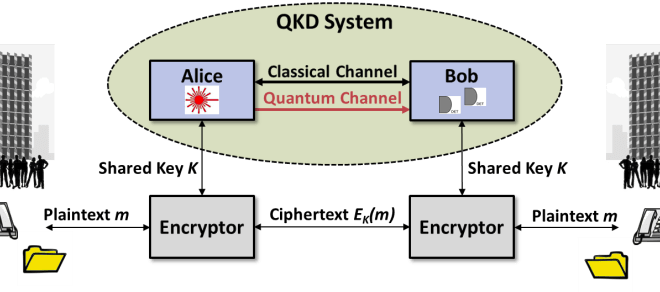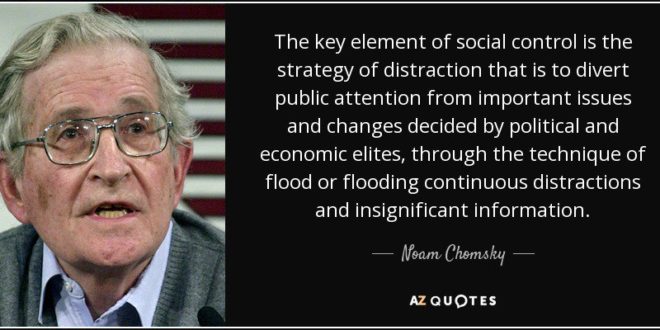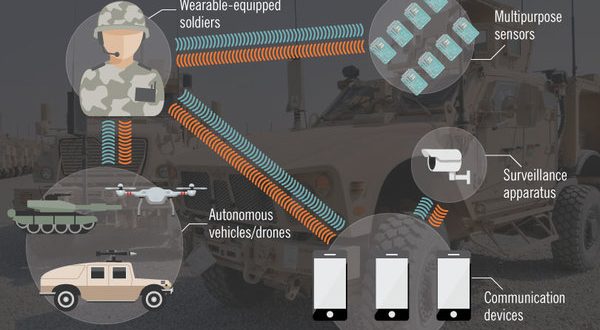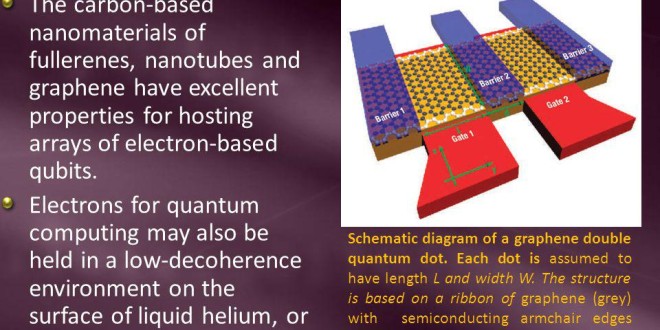Rajesh Uppal
January 19, 2022 Cyber & IW, Security & Threat Management
242
Modern terrorist attacks display increasingly sophisticated ICT skills in both conducting their attacks and communicating them globally through digital technologies, combined with, in some cases, an awareness of counter-intelligence measures, largely enabled by Web 2.0. The Paris attackers displayed the most sophisticated use of these, including so-called Dark Web platforms …
Read More »
Rajesh Uppal
January 17, 2022 Defense & Military, Photonics
826
LIDARs are rapidly gaining maturity as very capable sensors for a number of applications such as imaging through clouds, vegetation and camouflage, 3D mapping and terrain visualization, meteorology, navigation, and obstacle avoidance for robotics as well as weapon guidance. LIDAR data is both high-resolution and high-accuracy, enabling improved battlefield visualization, …
Read More »
Rajesh Uppal
January 15, 2022 Geopolitics, Strategy & Technological Rivalries, Quantum
1,201
In 2016, President Xi Jinping established a national strategy for China to become technologically self-reliant. One of China’s main goals is to surpass the United States and to become the global high-tech leader. China named quantum informatics a key plank in its 13th Five-Year Plan and the Made in …
Read More »
Rajesh Uppal
January 14, 2022 Defense & Military, Geopolitics, Strategy & Technological Rivalries, Security & Threat Management
402
Intelligence, in military science, information concerning an enemy or an area. The term is also used for an agency that gathers such information. Military intelligence is as old as warfare itself. Even in biblical times, Moses sent spies to live with the Canaanites in order to learn about their ways and …
Read More »
Rajesh Uppal
January 14, 2022 Geopolitics, Strategy & Technological Rivalries, Global Risks & Future Threats, Weapons & Munitions
4,633
The electromagnetic pulse commonly abbreviated as EMP, is a high-intensity burst of electromagnetic energy caused by the rapid acceleration of charged particles, can be produced by intense solar storms or by a nuclear weapon detonated high in the atmosphere. For example, solar geomagnetic storms (geomagnetic disturbances or GMD) create immediate …
Read More »
Rajesh Uppal
January 12, 2022 Industry & Market Dynamics, Manufacturing, Quantum
790
The Quantum Key Distribution (QKD) market will grow to over $980 million by 2024 compared to around $85 million this year. So says the industry analyst firm, Inside Quantum Technology, in its latest report “Quantum Key Distribution (QKD) Markets: 2019 to 2028.” Quantum Key Distribution (QKD) is a major …
Read More »
Rajesh Uppal
January 11, 2022 Global Risks & Future Threats, Security & Threat Management
1,060
Media manipulation is a series of related techniques in which partisans create an image or argument that favours their particular interests. Such tactics may include the use of logical fallacies, psychological manipulations, outright deception (disinformation), rhetorical and propaganda techniques, and often involve the suppression of information or points of view …
Read More »
Rajesh Uppal
January 10, 2022 AI & IT, Defense & Military
736
A Sensor is an electronic device that is used to measure some sort of physical parameters (e.g. temperature, pressure, light intensity, etc). The output of an electronic sensor is an electrical signal that is either analog or digital. Processing the sensor’s output can be done in hardware (using discrete electronic …
Read More »
Rajesh Uppal
January 9, 2022 Industry & Market Dynamics, Material, Nanotech
320
Smart materials or Active materials or Functional materials are designed materials that have diverse, dynamic features that enable them to adapt to the environment. They have one or more properties that can be significantly changed in a controlled fashion by external stimuli, the stimulus and response may be mechanical, electrical, …
Read More »
Rajesh Uppal
January 9, 2022 Nanotech, Quantum
643
Quantum computing is expected to increase significantly the computational speed since it operates on completely different principles in comparison to classical computers. In addition, it was predicted that quantum computers can increase the computational speed of at least some problems. For instance, a sub-exponential speed-up is expected if the quantum …
Read More »
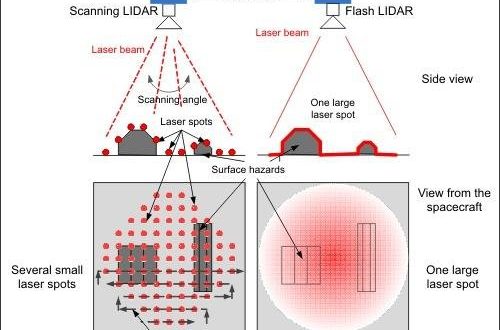
 International Defense Security & Technology Your trusted Source for News, Research and Analysis
International Defense Security & Technology Your trusted Source for News, Research and Analysis

